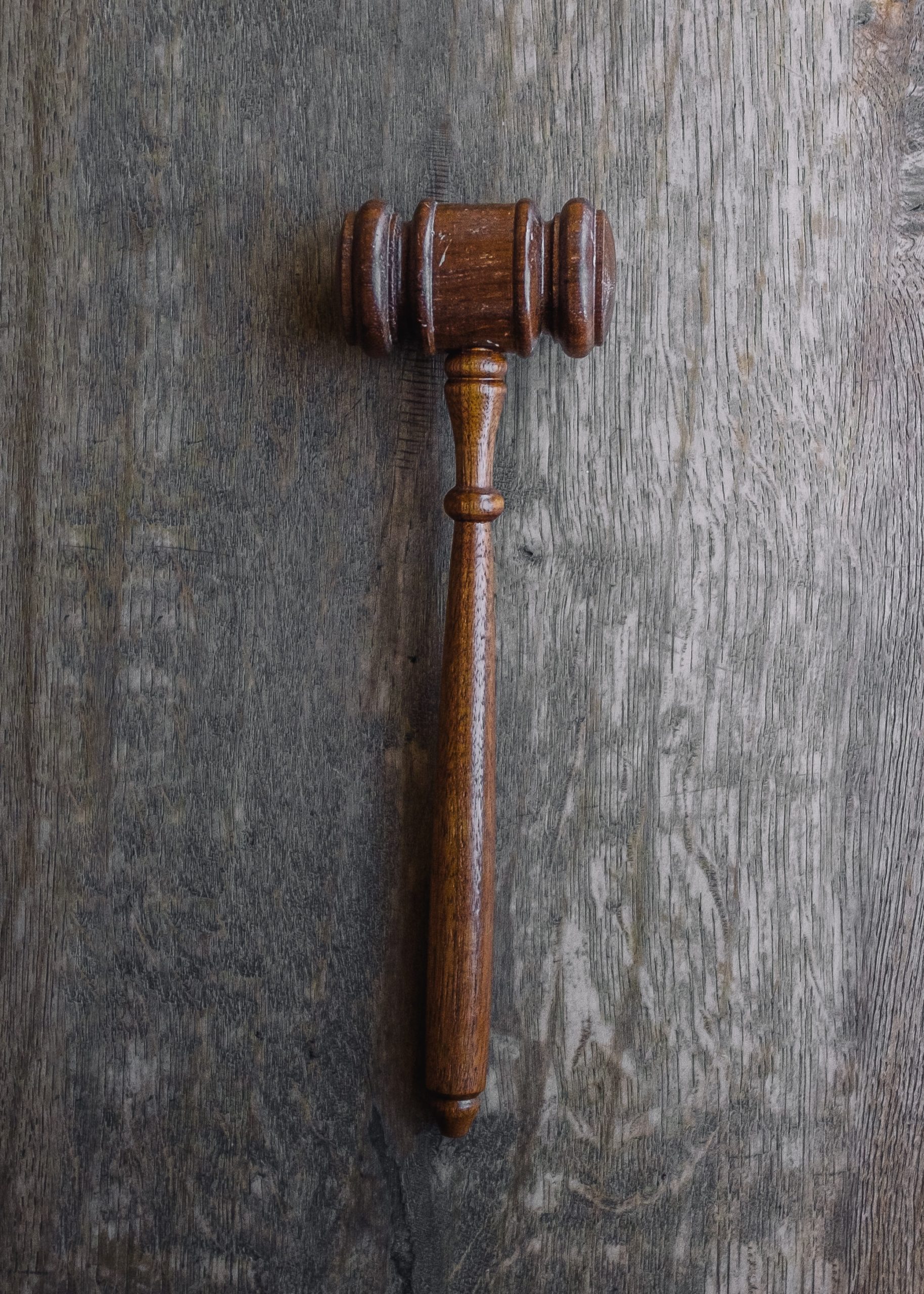What is morality? By definition, it’s: A set of principles concerning the distinction between right and wrong or good and bad behavior.
Or put another way: A particular system of values and principles of conduct, especially one held by a specified person or society.
So next we come to the question of Ethics. What is it? How is it defined for determined? Ethics and morality seem similar, but truthfully, they are vastly different.
Ethics is defined as: A set of values or rules defined by a society as acceptable and right. A series of behaviors and conduct from which a group operates from.
So by comparison, the difference between ethics and morality is that with ethics society determines what is proper in just as dictated by the whole. The societal standards set by the group may have no moral bases at all, it simply follows a list of standards seen by the majority as proper and just, even if there is no propriety or ‘rightness’ about it.
Morality, on the other hand, is deeper and more intrinsic. Morality views the standard as universal, in some cases, with little gray areas, if any at all. Morality is set, determined by character and immutable. Its standards, set by the individual, are the governing principles that reach beyond the societal ethics of the whole, becoming personal to the individual themselves.
While ethics shifts with culture and society Morality, typically does not. It may bend, but this personal code, often denoted through a particular faith or custom. However, one’s morality can be influenced by the ethics of the society, thereby shifting their compass from a moral one to an ethical one.
So how does one determine what is ethical, and what is moral?
How can we know what is truly right, and what is truly wrong?
How can we know who is right, and who is wrong?
In the most basic manner, one can determine the answer to these questions by noting which principles have historically worked or historically failed. Human behavior is often the greatest litmus test, because it’s the most honest test.
Through the proper analysis, we can determine what is moral and correct by the actions of those who have come before us. But only if we are honest. The logic of observance through the acts of others will give us a glimpse into what is moral and right because of the tested truths by our predecessors will have little in the way of failings. But again, only if we are honest.
Such honesty means peeling away the layers. Seeing the methods that brough success, and even in failure the wisdom to understand why something did not work so we can ensure we never adopt such behaviors as we continue to adhere to the standards of character as define by the morality we have observed and learned.
However, we struggle to remain so honest. Often our natures show through and we attempt to hide our faces as a means of covering up our ‘sins’. But they always come bubbling to the surface, showing us who we are.
In such moments, deception can set in, allowing us to rely on our feelings. We often let them dictate the course of our natures and become our compass. Even if we could make out a list of standards based on historical accuracy, more often than not and because of our feelings, someone will step up to decry that they feel something is just, therefore ethical and moral, when in truth it may not be at all. They care little for the fact of the matter, relying instead on the moment and emotion to be their truth.
Such truths are often skewed, but when adopted by the whole, become a form of ethics by which society will scream this is truth and therefore right. They become the byline from which then societal norms are shaped, molded and implemented, regardless of the morality of the subject or truths involved.
So then, we come back to the dilemma of ethical and moral, of right and wrong. How do we know where to stand? We can examine societies of the past to find specific moral truths, but we also must sift through the societal twists that turn those cultures into what they later became.
It may seem hopeless. I mean, can humans actually gain enough reason to pull themselves from the dirt and not sink back into the mud?
The answer is yes and no. No, because we will try. But ultimately, because of our own flawed natures, we will slip away from what is moral and right, to what is ethical and convenient for the masses. But just because it’s ethical, doesn’t make it right or true.
However, there is one moral standard which has been tested and proven true. But with that standard comes a cost, one many are unwilling to pay. The reason is that by doing so; they have to give up something of themselves. They have to admit they don’t have the answers and in doing so, recognize that they have limitations and because it feels right, doesn’t make it so.
They have to submit to something bigger than themselves. The idea of an immutable, moral Creator, whose standards are by definition, right, just and true. If such a being exists, then we have to ask: What makes him right?
My answer would be, “Because it’s been tested.” In science, when something is genuinely tested, run through the rigors of the scientific process and it survives the testing, then it must be true. I’m not talking about testing Christianity, I’m talking about testing the Creator himself. Examine his character and not under the microscope of society, but under the microscope of honest, emotionless, scrutiny.
Don’t use the people who say the ‘C’ word as your example. Often, people will fail you. Instead, put His words into action. Put His ways into your life. Act on what He said to do. If you do this diligently, then you will see the results. But like I mentioned earlier. It must be done honestly.
Some would say: What about Ghandi, Buddha and those other guys?
To that, I answer: Because most others focus on the self. I can save myself, I can make a way, I can do. Thing is, I have tried that, and it always leaves a hole or becomes unfulfilling. But when I apply His way in comparison to a life that is imperfect. I find His wisdom supersedes my own understanding and is further reaching than my own limited scope.
As I speak with Him and He with me, I come to understand my dependence on His guidance, because again I’m an imperfect being in an imperfect world. My attitude can easily become shifted or twisted by others influence. Whereas His perfect guidance creates a standard by which I understand how I am to function successfully in a world broken and corrupt.
I’ve performed the test. I’ve tried those other things, but it always comes back to the same issue. Alone, morally and ethically, I ultimately fail. But with Him, I succeed. Not only that, but I preserve myself, even in the hardships. I can still stand, because I keep his standard working toward a better way to live.
Again, though, these are just my thoughts. A lot of my experiences have led me to write this alongside conversations I’ve listened to from people on both sides of the argument. I’ve made a ton of mistakes, but learned from each of them. I wish you the best and I hope you found this thought provoking.
Thank you for taking the time to read my post.
Regards, Matt

